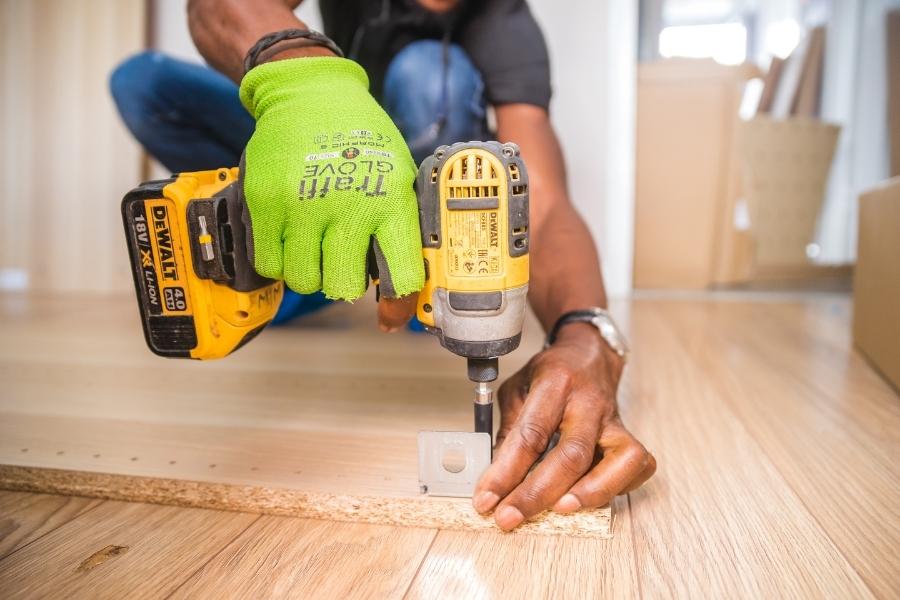How Often Should Plumbing Pipes Be Cleaned?
It’s always a good idea to take care of your plumbing before a problem happens because a plumbing problem can turn into an emergency very quickly. You should have your plumbing pipes cleaned every 18 to 22 months or so. If you are already on this kind of cleaning schedule and you’re experiencing problems with your plumbing, then you may need to call a plumber and schedule a pipe inspection.
Our plumbers at Plumbing by Jake conduct pipe inspections by inserting a video camera into your pipes. This helps us see down into the deepest recesses of the pipe so we can better understand what is causing your plumbing issues. From there, we can advise you on what your next steps should be insofar as how to fix the problem.
Ignoring or putting off a plumbing problem can result in water damage at best, and flood damage at worst. Not only can this cost you hundreds or even thousands of dollars to fix, but it can also lead to problems with your structure and foundation, not to mention health concerns from mold and mildew buildup.
Don’t put off until tomorrow what Plumbing by Jake can fix today. You can reach us at (928) 723-3395 to schedule your service appointment.
Signs Indicating that Your Plumbing Pipes Need Attention
The first and most obvious sign that your plumbing pipes need attention is that sewer water is backing up into your sinks, tub, or toilet. This can be the result of something as simple as there is a clog in the pipes, but sometimes it can mean there is a more serious problem afoot.
You may also see water where it shouldn’t be, like around the floor drain in your basement or in your bathtub when you run the washing machine. You may smell sewer odors in your house. You may also notice gurgling sounds you’ve never heard before coming from your pipes or recurring clogs that no matter what you do, you just can’t seem to get rid of them.
If any of these things are happening to you, one of the following may be the culprit.
Tree Roots
Sometimes, tree roots will bury their way into your pipes looking for a water source. Tree roots are the number-one cause of sewer pipe back-ups. You must address this problem right away. Once roots grow into your pipes, they don’t stop there. They’ll continue to grow in size until they fill the pipe entirely. They’ll keep growing even after that, breaking the pipes and causing major headaches for you.
Because there is a constant source of water in your pipes this is something you must address quickly, as these roots can grow just as quickly. Our experienced plumbers can tell right away with a video inspection whether tree roots are the cause of all your headaches and can advise you on how best to get rid of them. It’s not always as invasive of a process as you may imagine.
Greasy Sludge
Oh, grease. One of the most common pipe problems next to tree roots. Why? Because many people pour cooking grease down the drain from their burgers, chicken, and other greasy dishes simply because they don’t know what else to do with it. This is the absolute worst thing you can do for your plumbing.
You may think grease goes down the drain with everything else, but you know the way grease will solidify in your refrigerator and hang out in gross, orange clumps on the tops of dishes like meat sauce? The same thing happens in your pipes. After all, it’s not hot down there, so when the grease cools, it solidifies. It then turns into one huge greasy, sludgy clump that doesn’t allow any water to pass through it. Gross.
If this is the case, we can clean your pipes by way of a hydro-jet cleaning. A video inspection of your pipes will tell us for sure if that’s what we need to do.
Saggy Pipes
When we get old, our bodies tend to sag. The same thing happens to pipes. Sagging pipes, or “bellied” pipes, happens when the soil around the pipe loosens and breaks apart. This allows the pipe to sink because the remaining soil around the pipe is not stable enough to hold it where it should.
Now, think about what a sagging pipe looks like. It has a belly to it (hence the name) where waste products can accumulate. Over time, when enough of that waste builds up, it can cause a blockage that can affect your water flow. This, too, we can diagnose with a video inspection.

